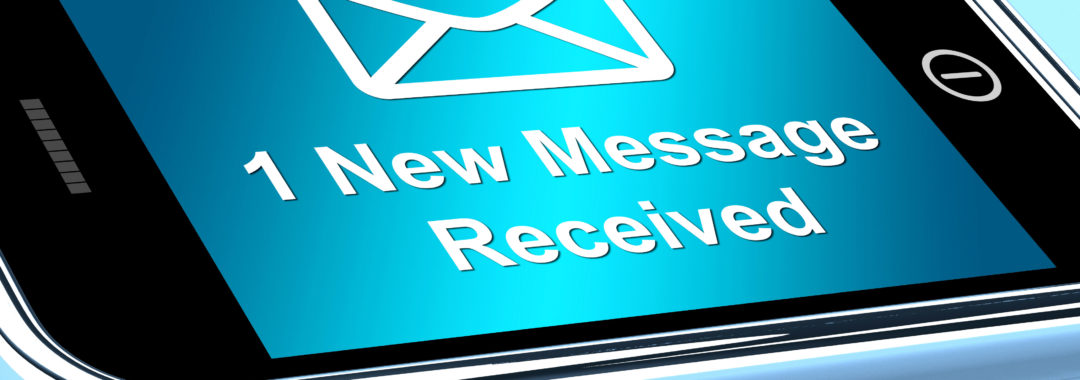Managing Your Email
- November 22, 2016
- Authors/Writers, Solopreneurs, Time Management
This past weekend, I learned a very valuable lesson regarding email: It may disappear from your computer, but it doesn’t disappear from your server.
I had a client call me because he kept getting error messages when he tried to email me. After we talked, I looked at my Inbox again, and realized I hadn’t received anything for several hours. That’s unusual for my business.
So I contacted my service provider and we realized that I had reached my maximum storage of 2G. That’s a lot of emails! As tech support said, it was 200 pages of 200 emails, or 40,000! When I looked at the dates, I realized that was since February of last year, when my laptop had fried. Back then, I discovered that the server was set to store only 200 emails. So I lost some important emails because for me, that’s less than 2 days of messages.
We started deleting some large emails, and quickly freed up enough space to start receiving emails again. I still have to go back and delete more, but at least I know it’s something I’ll have to do on a regular basis. I set up reminders in Outlook so I remember to do this. For me and my business, that’s a better option than losing a day’s worth of emails.
Storage is only one of the issues you face with email. Managing it is another. Here are some tips on how to handle that daily influx, and tips for reducing the number that arrive in your box.
Email Management Tips
Whether you get 20 or 200 emails a day, here are some useful tips for managing them.
- Don’t open it unless you have time to address it.
- Once you open it, take care of it immediately. You only want to touch an email once.
- As soon as the email is addressed, delete it or file it in a folder. If you use Evernote, you can save emails there, too.
- Schedule specific time(s) each day to check your email. Don’t watch and open it all day long. Twice a day is a good guideline.
- Turn off notifications when you’re working on a project so you won’t be distracted by pop-ups.
- Your work is your priority. Get your own projects done before opening and responding to emails.
- Keep your emails short and to the point. No one has time to read lengthy emails.
- Don’t respond to emails as soon as they arrive in your Inbox. It gives others the impression that urgent matters can be handled via email, when phone calls are more effective for handling urgent matters.
- When checking emails for the day, delete what you can first, then read the rest.
- Save time by setting up templates for standard replies, rather than type the same content over and over again.
- Set up autoresponders for vacation notices or acknowledgements to save you time.
- If you email certain people on a regular basis, create groups so you only have to look for one email address when sending. One drawback to that though, is that you’ll receive everyone’s replies to each other as well as to you.
- Delete large files first to free up space on your server. Do this by sorting according to file size.
- When you’re done with an email, but want to keep it (for proof, info, etc.,) file it into a folder. Don’t keep it in your Inbox.
- Empty your trash at the end of the day, after you’re certain you’ve addressed everything of importance.
- Don’t reply to anything that doesn’t need a reply, for example – “Thanks” or “Got it.” It clutters other people’s inboxes. And saves you time.
- Set your account up for Delivery Receipt messages if you want to know whether or not the email arrived at its destination.

